

ENVIRONMENT
LEG sharpens negotiation skills of Resettlement Committee in Ahafo
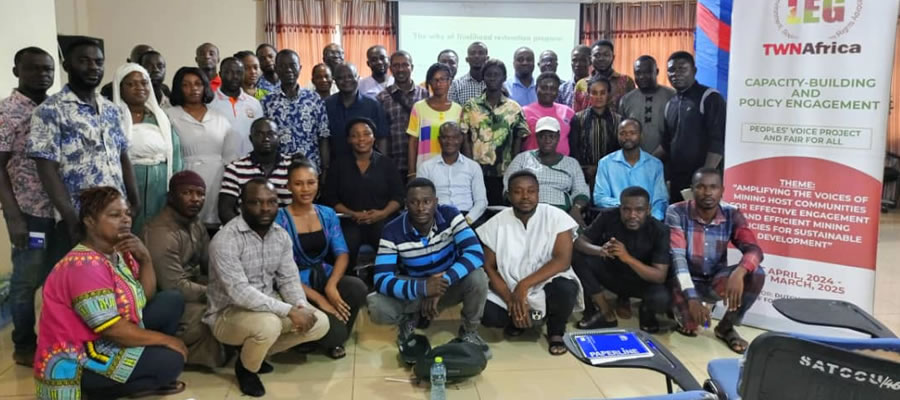
Date Created : 10/3/2024 : Story Author : Dennis Peprah/Ghanadistricts.com
The two-day capacity building was organised by the Livelihood and Environment Ghana (LEG), an environmentally inclined non-governmental organisation in line with the implementation of its “People’s Voice Project and Fair for All”.
Under the theme, “Amplifying the Voices of Mining Host Communities for Effective Engagement and Efficient Mining Policies for Sustainable Development,” the implementation of the project is being funded by the Dutch Ministry of Foreign Affairs, through Third World Network, an international NGO.
The participants were taken through several topics, including regulatory framework for mining resettlement, resettlement concepts and types, as well as sustainable livelihood restoration.
Dr. Samuel Kumi, Environmental Scientist and Resource Governance Expert, Department of Environmental Management, School of Natural Resources of the University of Energy and Natural Resources (UENR) indicated that mining offered socio-economic and geo-political opportunities for every country.
However, he added that it also gave significant cost to the affected communities, particularly, if induced resettlement, saying paradoxically, resettlement was often the most controversial component of mining.
“Therefore, understanding the cost implications of mining-induced resettlement on households are critical for defence and survival or sustainability of the affected rural households,” Dr. Kumi stated.
He noted that the impact of mining-induced resettlement remained significant on rural households, saying close to 80 percent of rural households’ consumption base or sustenance was dependent on ecosystem services which were accessed in the immediate environment.
“So, disturbance, deprivation or alienation of these resources through mining resettlement heavily affected livelihood and wellbeing, worsening the condition of already impoverished households,” Dr. Kumi added.
This requires diligent and deliberately balanced negotiation between the mines and the affected households.
Mr. Richard Adu-Poku, the Executive Director of LEG, observed that despite its socio- economic benefits, mining had other social costs to households, including increased poverty, reduced access to basic services, changes in livelihoods as well as impact on physical and mental wellbeing, among others.
“That is why the training is very essential to build the capacities and well position the RNC to go into negotiations that favours the local people,” Mr. Adu-Poku explained
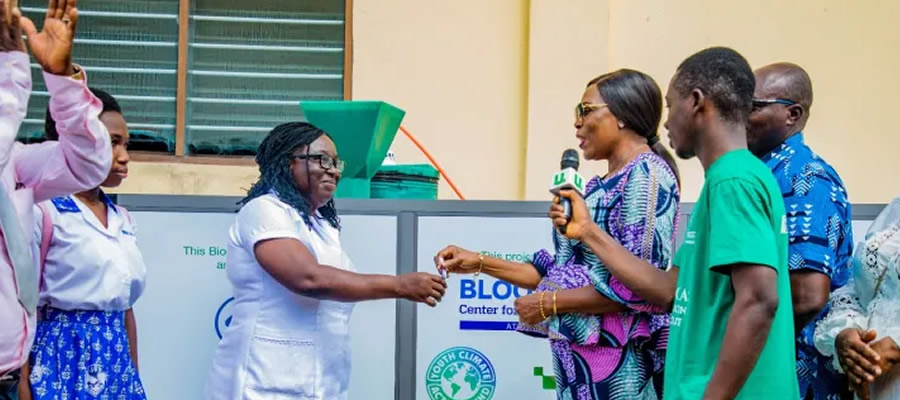
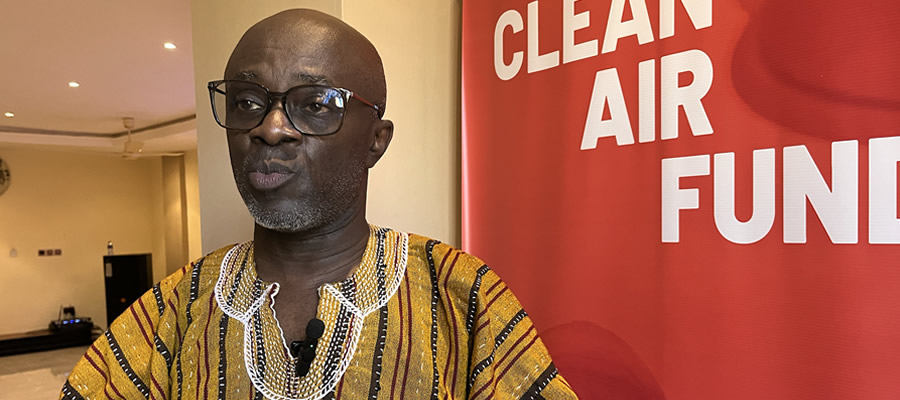
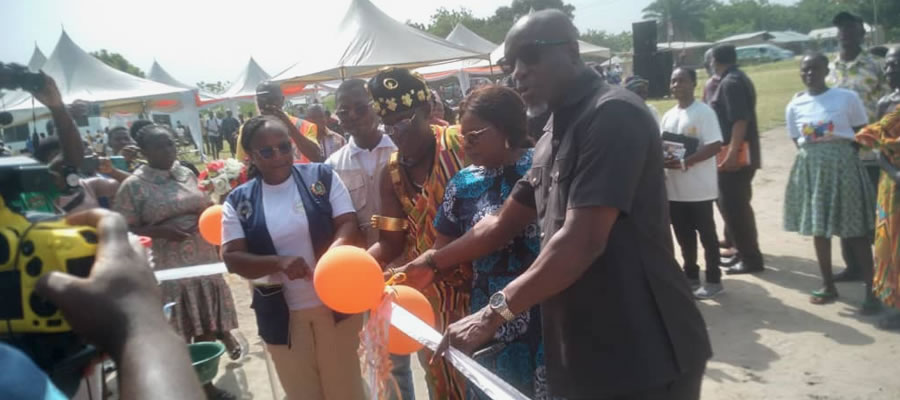
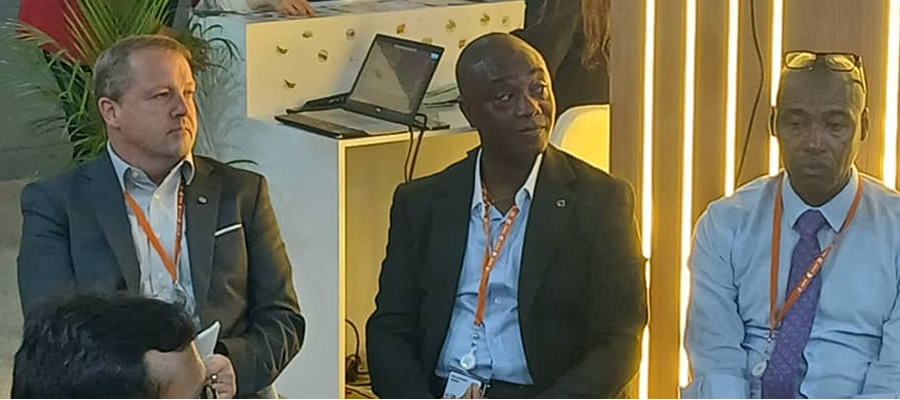
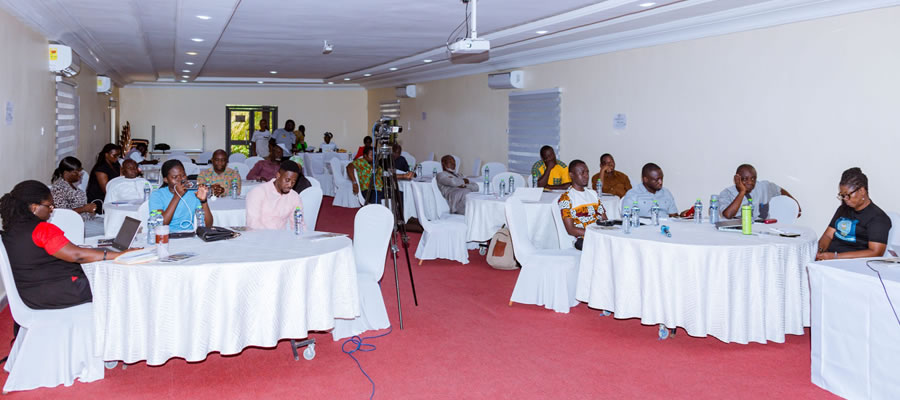



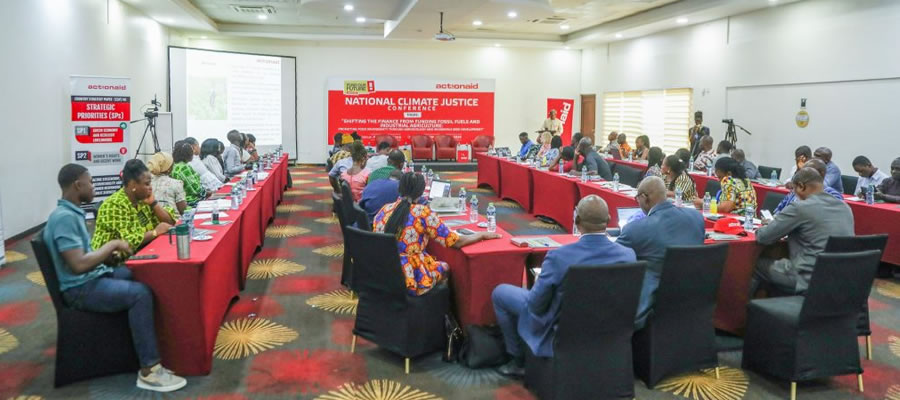
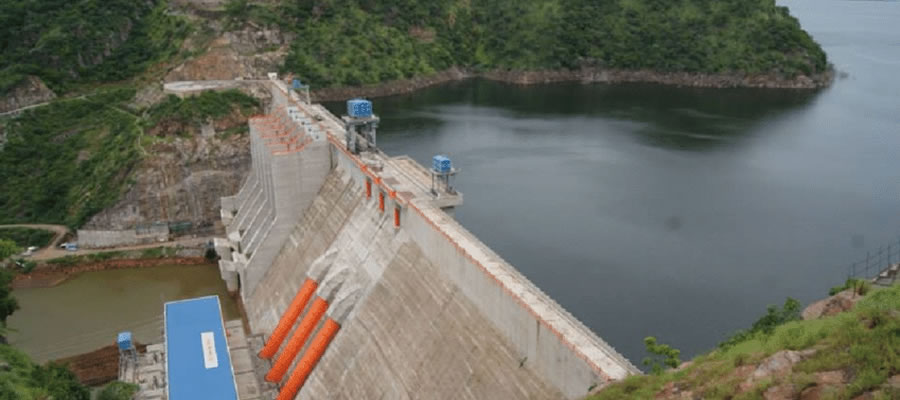
 facebook
facebook
 twitter
twitter
 Youtube
Youtube
 +233 593 831 280
+233 593 831 280 0800 430 430
0800 430 430 GPS: GE-231-4383
GPS: GE-231-4383 info@ghanadistricts.com
info@ghanadistricts.com Box GP1044, Accra, Ghana
Box GP1044, Accra, Ghana